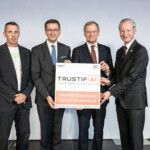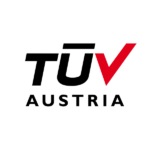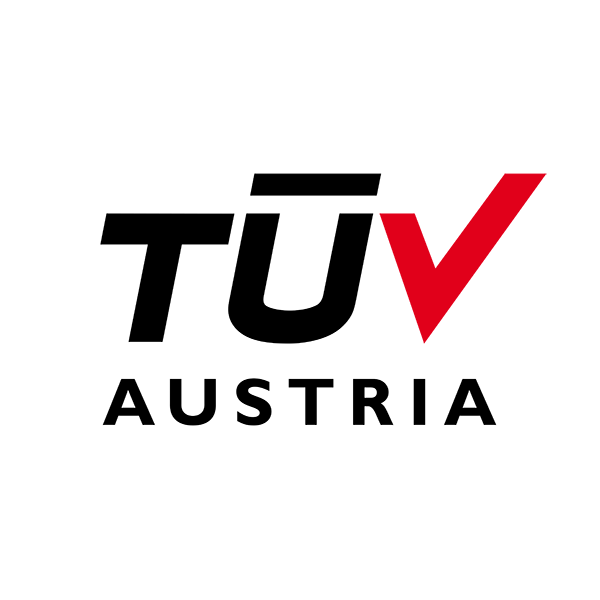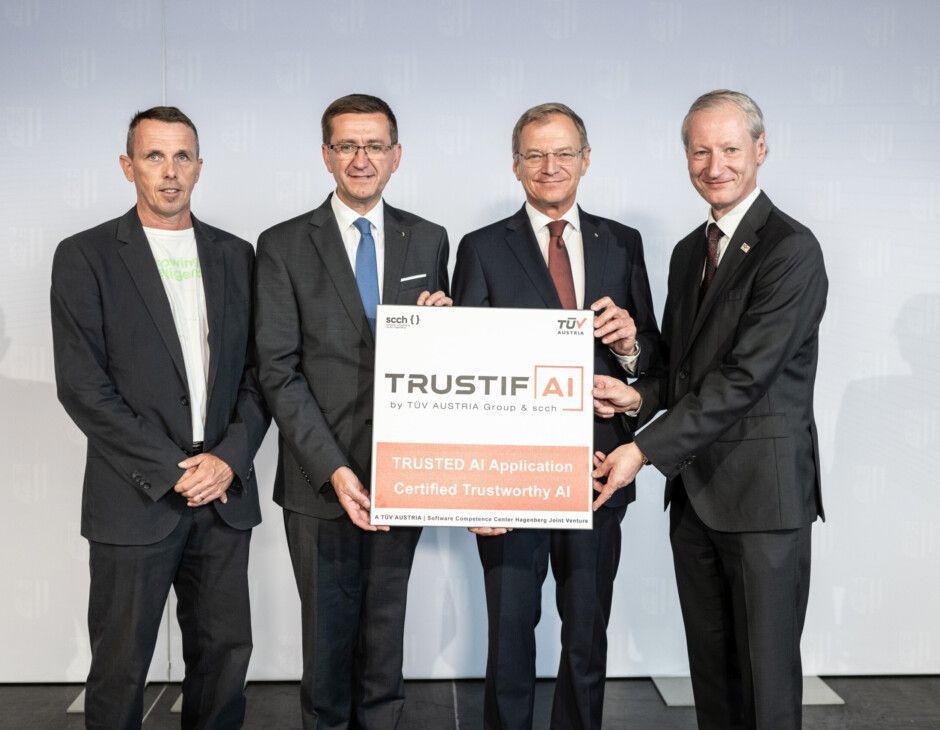TÜV AUSTRIA presents requirements and proposed solutions for the assessment of AI systems, recommends a corresponding clarification for the EU AI Act and published a position paper.
After years of negotiations, Europe’s new AI law, the EU AI Act, was recently adopted by the European Parliament. The final text will not be available until 2024, with the new law to be fully applied from 2026.
Thomas Doms, Managing Director of TRUSTIFAI, the testing and qualification hub of TÜV AUSTRIA and Software Competence Center Hagenberg for AI applications, acknowledges that the EU AI Act is an important step towards regulating the risks of AI applications – always taking into account the interests of the EU Commission and the 27 member states. The AI Act also addresses more than corresponding regulations in the USA and China. Nevertheless, he is not satisfied with the negotiated law. “From the perspective of a testing organization that published TRUSTED AI, the world’s first test catalog for AI applications, back in 2020 and has extensive expertise in testing machine learning models, the known functional risks that can arise from the use of AI are not addressed clearly enough.”
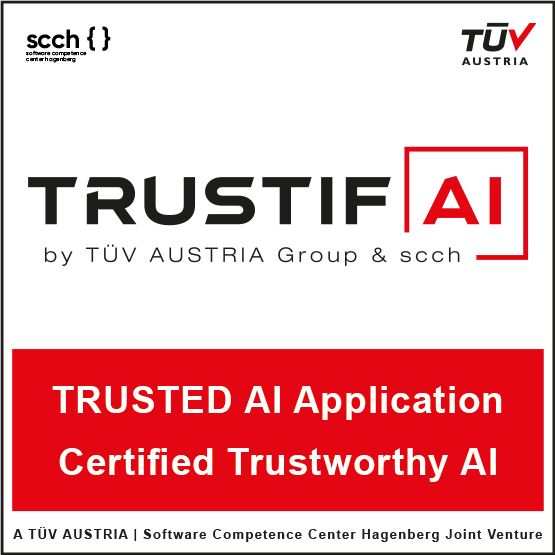
Functional requirements not sufficiently taken into account
The foundations for future conformity assessments with regard to the functional requirements for these systems – such as robustness, transparency and reliability – are not sufficiently taken into account in the standardization bodies and in the EU AI law, Doms emphasizes.
There is also a lack of concrete specifications for uniform risk assessment procedures and possible opt-out procedures for stand-alone systems. This poses the risk of unequal treatment of similar products.
Doms calls for so-called low-profile certifications or purely paper and document-based reviews of risky AI applications to be avoided. “Our experience from certification projects that have already been carried out shows that the frequently expressed fear of some stakeholders that testing procedures with sufficient testing depth would lead to overregulation is a bogus argument. After all, even tests for complex models and applications have never exceeded an economically justifiable scope when taking functional safety requirements into account.”
Spot checks instead of paper and document-based checks
Thomas Doms: “The complexity, as we know it from deep neural networks, for example, also makes it difficult to detect and rectify malfunctions or manipulations from outside.
In order to ensure the safe, robust and transparent use of AI, especially in safety-critical applications, sufficient functional requirements must be specified and appropriate concepts, methods and tools for corresponding tests are required.”
The quality of a trustworthy AI decision system can be determined above all by the correct statistical testing of samples and the precision of the definition of the field of application, which makes it possible to draw representative samples in the first place. Thomas Doms: “We therefore demand that a reliable assessment of the
statistical functional properties of an AI system according to the known scientific state of the art must form the indispensable and binding core of a conformity assessment.”
This requires
- a precise definition of the intended use, formalized as a technical distribution that enables random selection
- the establishment of risk-based minimum performance requirements and
- statistically valid tests based on independent random samples.
“The TÜV AUSTRIA TRUSTED AI test method can be applied to both supervised and unsupervised learning applications. We are happy to share our criteria, experience and evaluation results with the EU Commission and its standardization bodies. So that existing regulatory gaps in EU law can be closed quickly,” concludes Thomas Doms.
The Seal of Quality for Artificial Intelligence
Austria’s first AI testing and qualification hub
TÜV AUSTRIA and the Software Competence Center Hagenberg (SCCH) announced the founding of Austria’s first AI testing and qualification hub at a press conference with the Governor of Upper Austria Mag. Thomas Stelzer and the Provincial Minister for Economics and Research Markus Achleitner.
TÜV AUSTRIA DATA INTELLIGENCE GMBH: Massive expansion of data and AI expertise
Expansion of TÜV AUSTRIA’s Portfolio
TÜV AUSTRIA acquires majority stake in Applied Statistics GmbH. The company now operates as TÜV AUSTRIA Data Intelligence GmbH and supports its customers and partners in the implementation and testing of intelligent data solutions.
